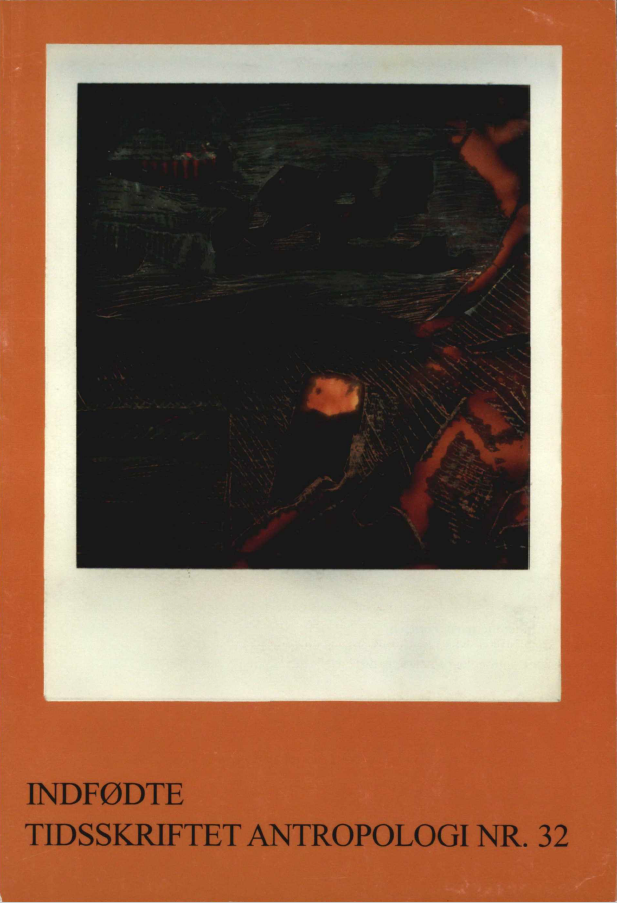INDFØDTE FOLK OG KULTUR: Moderne billeder og bevidste identiteter
DOI:
https://doi.org/10.7146/ta.v0i32.115439Abstract
culture - modern images and conscious
identities
Over recent years public discourse in the
West has re-focused the question of indigenous
peoples from one where indigenous
groups were seen primarily as disadvantaged,
marginalized populations to a perspective
on indigenous groups as cultures. However,
this public discourse embraces its objects
through, often distorting, images - in
the Baudrillardian sense of a hyperreality of
flowing signs. Paradoxically, indigenous
peoples then need to adopt to Western images
of „their” culture and make them look
real, in order to retain political and financial
support from the West. Support, gained in
this contradictory way, tums into a new mechanism
for social control by the West over
the indigenous Rest. It is argued that the unfinished
business of reimagining the concept
of culture often has tended (so far) to merrily
subsistute the postmodem consumerist lifestyle
notion of culture for a theoretical formulation
of a more general applicability.
While the former sees culture as a domain of
self-creation seemingly liberated from the
constraints of social and political structures,
the latter is starting to equate culture with a
human capacity for empowerment that arises
as an aspect of collective social interaction
within given political-economic contexts
and historical conjunctures. The author ends
by calling on the well-meaning advocates
who work with and for indigenous peoples
to acknowledge that it is not culture but persistent
structures of colonialism, asymmetrical
power relations, and forces of an overtly
non-cultural character such as economical
exploitation and violent repression that continue
to form the conditioning contexts of
the indigenous situation.
Downloads
Published
How to Cite
Issue
Section
License
Ophavsretten til artiklerne i Tidsskriftet Antropologi tilfalder forfatteren.
Artikler publiceret i Tidsskriftet Antropologi må citeres, downloades og videresendes for ikke-kommerciel brug, under forudsætning af normal akademisk reference til forfatter(e) samt tidsskrift, årgang, nummer og sider. Artiklerne må kun genudgives med eksplicit tilladelse fra forfatter(e) og tidsskriftet.


